Millex Syringe Filter, Fluoropore PTFE, Hydrophobic, Non-sterile 0.20 µm pore size, 25 mm diameter, Millex-FG hydrophobic PTFE membrane - Find MSDS or SDS, a COA, data sheets and more information. Description Catalogue Number SLFG025NS Trade Name
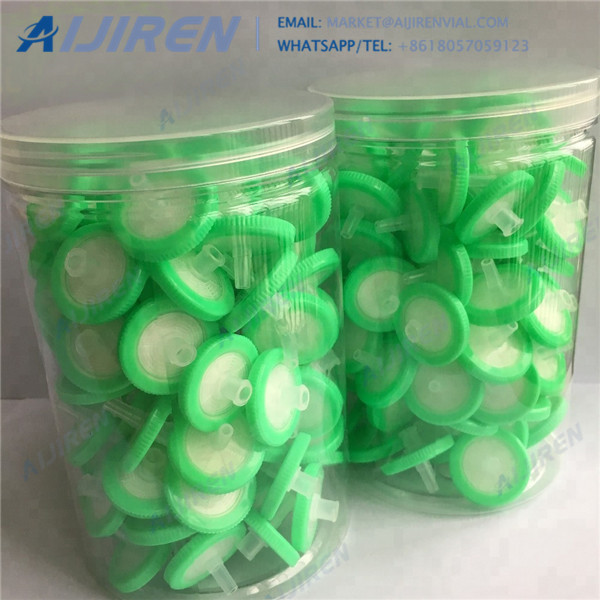
Millex Syringe Filter, Fluoropore PTFE, Hydrophobic, Non-sterile 0.20 µm pore size, 25 mm diameter, Millex-FG hydrophobic PTFE membrane - Find MSDS or SDS, a COA, data sheets and more information. Description Catalogue Number SLFG025NS Trade Name
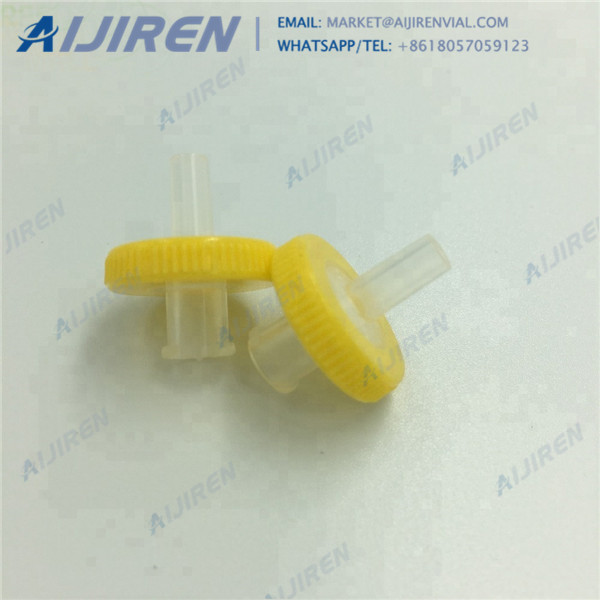
PTFE syringe filter is used for the filtration of antagonistic chemicals, including acids and non-aqueous solvents. Micron Rating Nos./Pkt. SFTF04R 4 0.2 µm 100 SFTF04X 4 0.45 µm 100 SFTF13R 13 0.2 µm 100 SFTF13X 13 0.45 µm 100 SFTF25R 25 0.2 µm ...
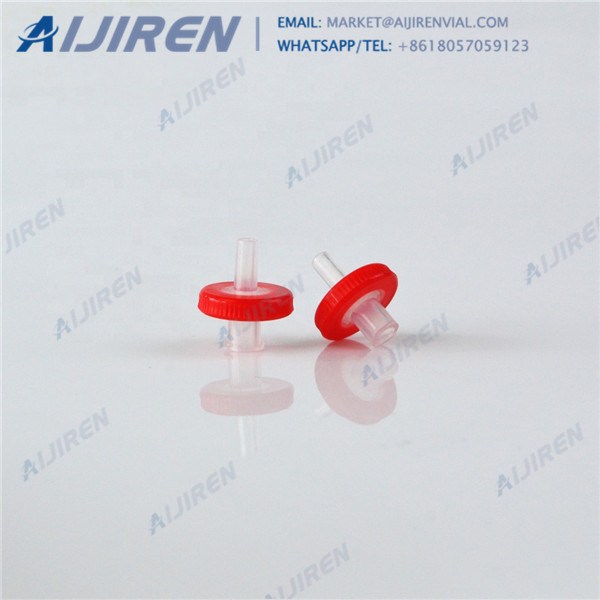
Filters and Cassettes Selection Guide. Filters are one of the types of sampling media used in air sampling, onto/into which the contaminant is collected. Other sampling media includes the sorbent in sorbent tubes and gas sample bags. Please also check out the Solvent Compatability Guide. Material. Common Pore Sizes. Main Properties. Applications.
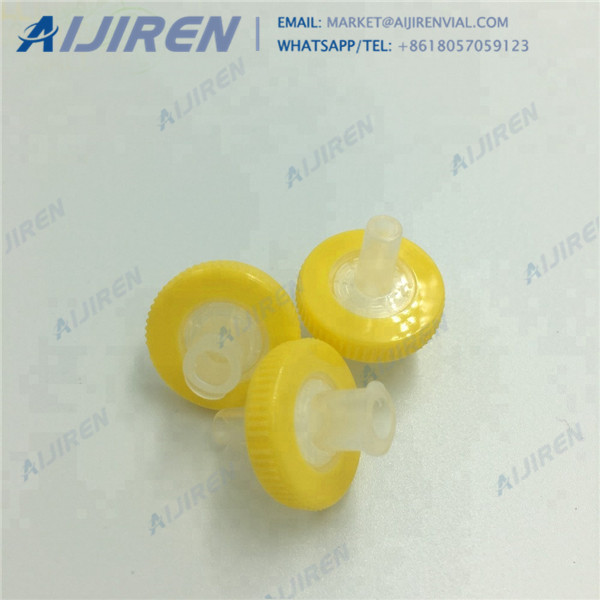
High-purity PTFE membrane filter media provides superior chemical resistance for a broad range of industrial applications. With retention ratings as fine as 0.01μ (10 nanometers), consistent contaminant removal is achieved in aggressive fluids and organic solvents.
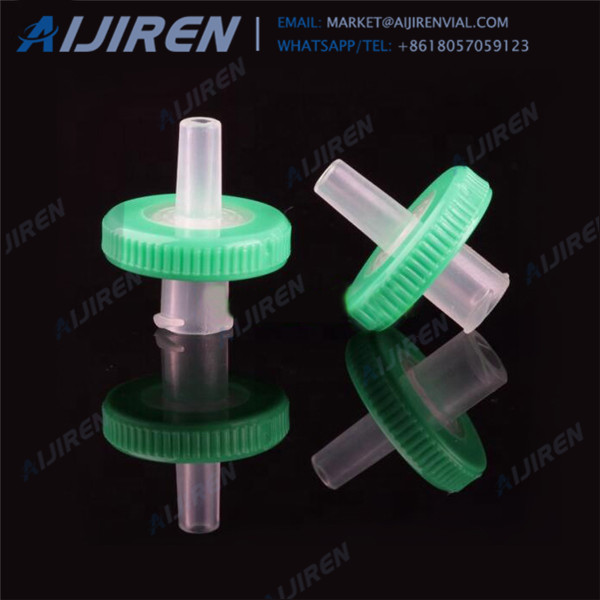
This white Last Chance Filter (LCF) is suitable for solvent & UV inkjet printers. This is the original PALL part (number LCF-1 ) PTFE Syringe Filter, 0.2 micron, Dia. 30mm WHA67852502 $5.16 $3.99 PALL Small Capsule Filter 6 micron - P9640-A From $ ...

With over 16,000 filters, find the correct WIX filter for any vehicle. Select your vehicle classification from the menu below. To find a WIX retailer in your area, please enter your 5-digit US zip code or 6 digit Canadian postal code.
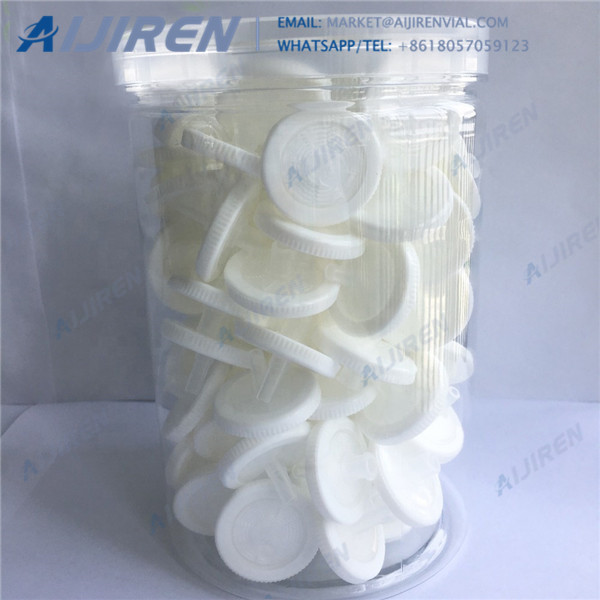
FAQs - FILTRATION What membrane filter pore size should I use for sterilization? Regardless of the membrane filter material, always use a 0.2 µm pore size membrane filter as the final filter for any sterilizing filtration. The 0.2 µm membranes used in Thermo
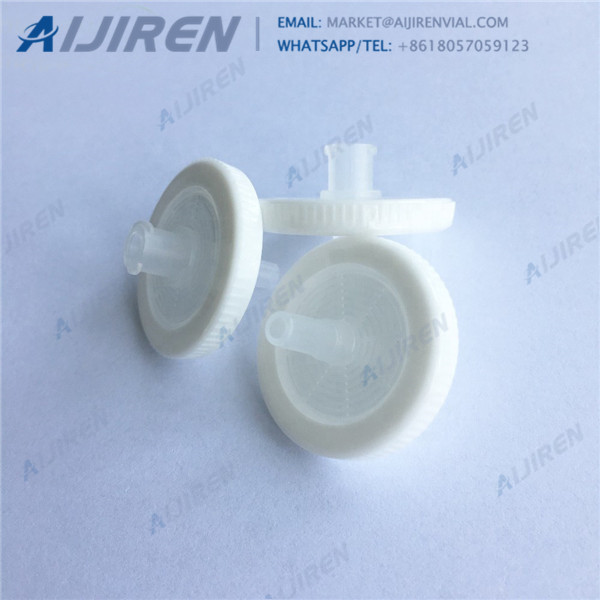
4 mm Puradisc Syringe Filters Membrane Nonsterile without tube tip Nonsterile with tube tip Sterile without tube tip Nylon PVDF PTFE PVDF Nylon PVDF Quantity/pack Pore size (µm) 0.2 6777-0402 6786-0402 6791-0402 50 0.45 6777

1 PureFlo® PTFE Filter Capsules B12 Rev 2019.01 PureFlo PTFE Filter Cartridge Ordering Guide 0 2 4 6 8 0 0 0.08 0.16 0.24 0.32 0.4 0.48 0.56 0.64 0 0.5 1 1.5 2 2.5 3 0 2 4 6 8 10 PureFlo 1.5" PTFE Capsule GPM PSID Bar LPM D i ˜ e r e n t i a l P r ess u r e
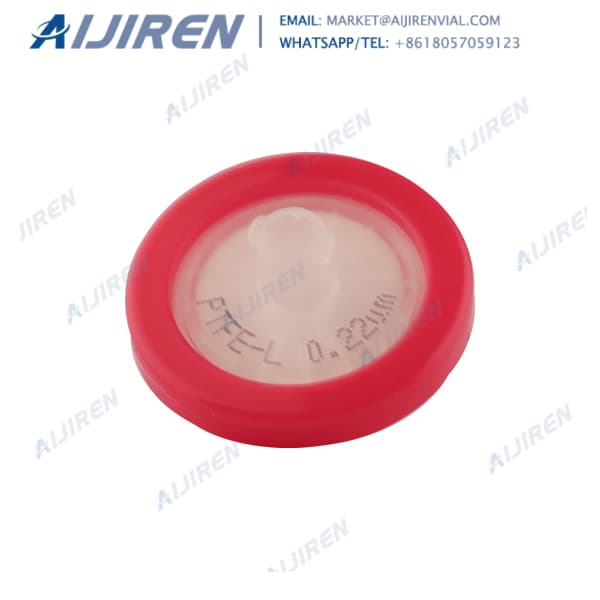
Pleated 0.2-micron water filters are widely used in a broad range of applications with micron ratings from 0.2 to 30 um. Pleated Filter Cartridges offer optimized pleat geometry for each micron rating to ensure high stability through good integrity and maximum dirt-holding under the most string water filters water filter sent of processing conditions.

Syringe filters. Filters Syringe Filters. Available with either PP, PTFE or nylon membrane. Membranes are available in either 0,2 or 0,45 µm pore size, with the choice often made on analytical column packing size. If the column packing size is larger than 3 μm then use 0,45 μm, and if 3 μm or smaller then use 0,2 μm.

Our FINEPleat PP Pleated Polypropylene Filter Cartridge is manufactured from FDA approved materials and features absolute (Beta ratio 5000) removal ratings from 0.2 to 40μm. FINEPleat PP filter cartridges are used in applications where precise removal of particulates is required.
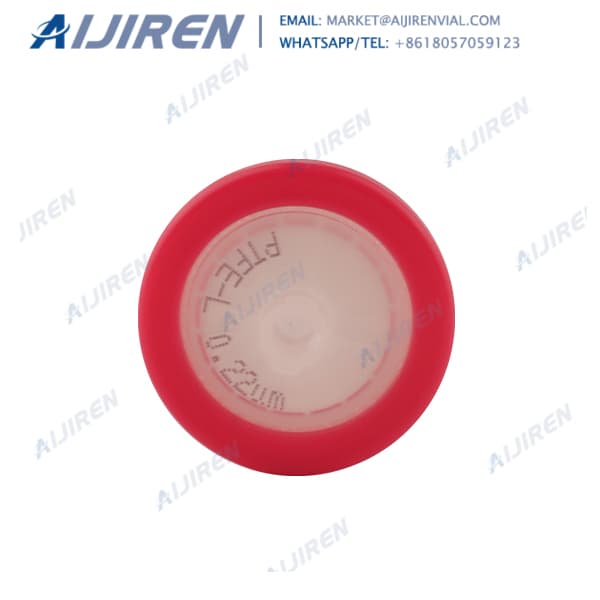
GVWP04700. Trade Name. Durapore ®. Description. Durapore® Membrane Filter, 0.22 µm. Background Information. Durapore® membranes provide high flow rates and throughput, low extractables and broad chemical compatibility. Hydrophlic Durapore® membrane binds far less protein than nylon, nitrocellulose, or PTFE membranes.
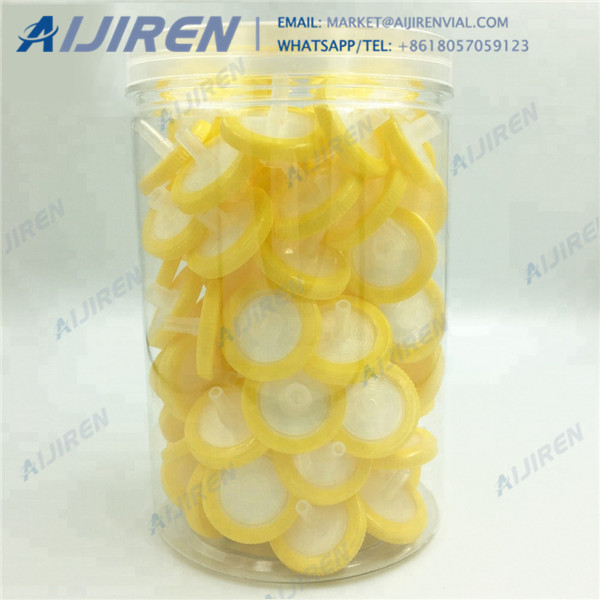
• Inert PTFE and polypropylene components provide extremely wide chemical compatibility, and permit use in a broad range of fluids and applications • Absolute ratings of 0.05, 0.1, 0.2, 0.4, 1.0 and 5.0 micron deliver precise particle retention
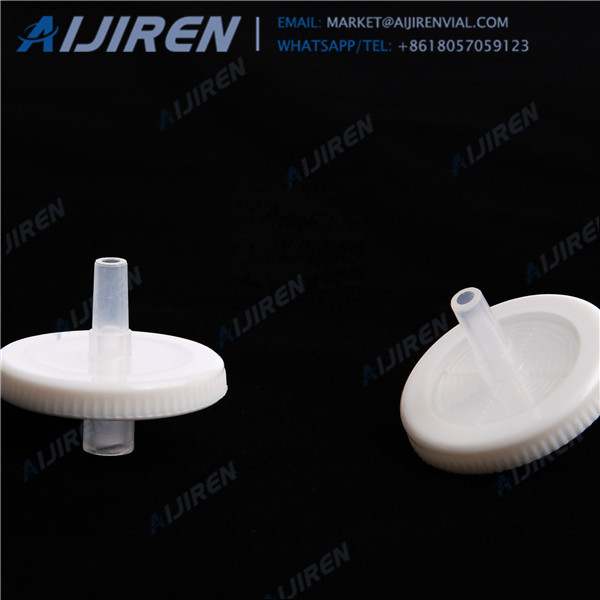
verify chemical compatibility with a specific filter under actual use conditions. Because chemical compatibility is affected by many variables (including temperature, pressure, concentration, and purity), various chemical combinations prevent complete accuracy.
